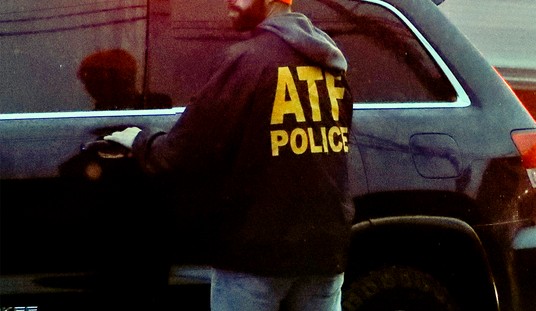Folks, if you live in a state where getting fingerprinted is part of the concealed carry permitting process, make sure that the person taking your fingerprints gets a good set of prints. If you don’t, you might find yourself running afoul of FBI background check requirement that requires a permit be rejected if two consecutive sets of prints fail to pass muster:
Utah state officials are revoking concealed weapons permits this year at almost record rates because of unreadable fingerprints.
The state has revoked 399 concealed weapons permits through June. That’s more than any of the final-year totals going back to 2012, The Salt Lake Tribune reports (http://bit.ly/1NhOuu0 ).
The increase in revocations is because of a new state rule that calls for permits to be pulled or suspended if there are unreadable fingerprints in the file, said Jason Chapman, a firearms supervisor with the Utah Bureau of Criminal Identification. Previously, the state waited for a person’s permit to run out and just get new fingerprints when the person submitted a new application.
“It’s not necessarily that the person did anything bad if we’re taking their permit away. We just couldn’t complete background checks,” Chapman said.
Eight out of 10 of the rejections this year are for that reason.
Getting a good set of fingerprints isn’t rocket science, and it would seem to be obvious on both traditional card-and-ink and digital-only systems whether or not the prints are smeared or partial as they are being taken.
Those people who have their permits revoked over this fingerprinting issue in Utah will have to pay a new processing fee and reapply for their permits.
The Salt Lake Tribune explains the new law driving revocations.
Every applicant for a Utah concealed-carry permit is required to complete a firearms-safety course and submit fingerprints for a background check. Those prints then are forwarded to the FBI, which checks them and registers them as part of its nationwide database — the Integrated Automated Fingerprint Identification System. The database is used to match concealed-carry applicants with arrest records and block convicted felons and other criminals from obtaining permits and to identify evidence in criminal cases involving guns.
Under the old law, BCI said it could not revoke a permit for print issues. Instead, the agency would wait until a permit holder’s license was up for renewal and then require a new set of prints.
Under the new rules, when people submit a concealed-carry permit application and their prints are deemed insufficient, they have 30 days to submit a new set. Anyone missing the deadline has his or her permit suspended; if that person doesn’t provide a new set within a year, the permit is revoked.
Utah permit revocations are a more widespread issue than it would appear, as Utah does a booming business—as it were—to residents of other states. Fully two-thirds of Utah’s permits are to out-of-state residents, who chose Utah permits thanks to their 35-state reciprocity.








Join the conversation as a VIP Member